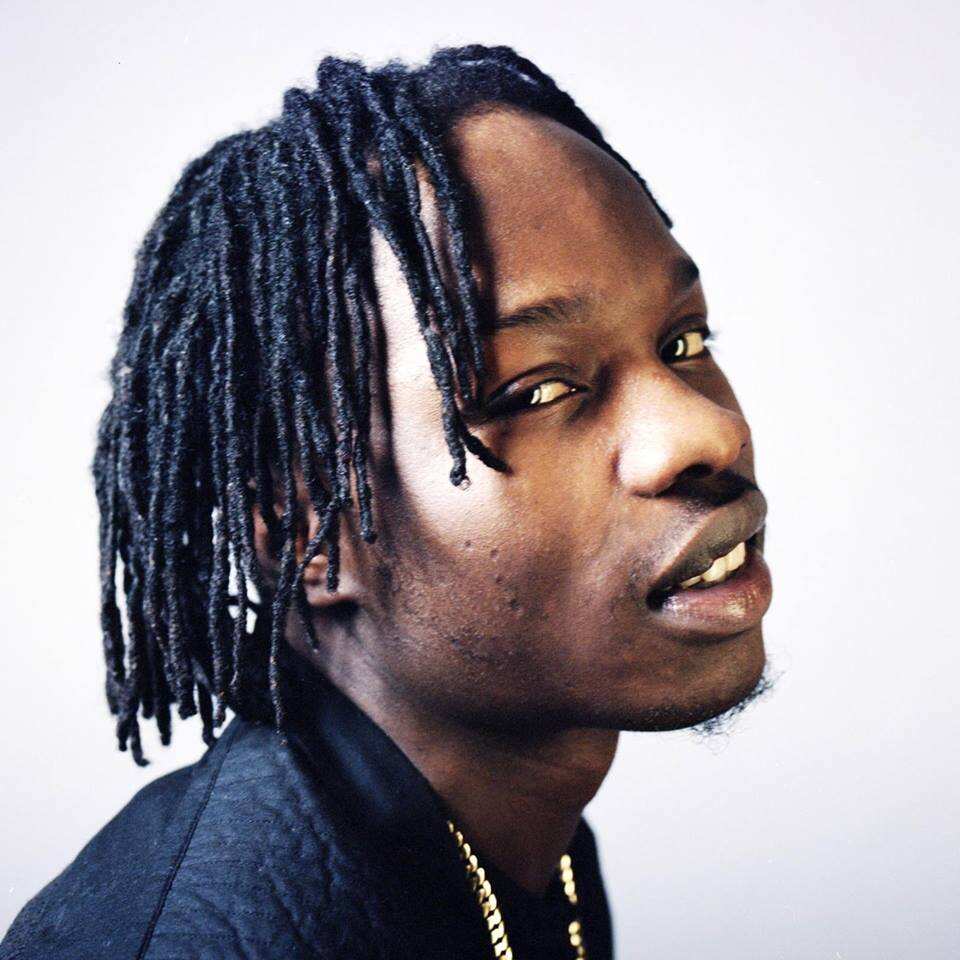Nigerian singer, Afeez Fashola, better known as Naira Marley has been arrested by the Economic and Financial Crimes Commission (EFCC).
According to reports from Premium Times, the upcoming singer is already being interrogated by the EFCC. It was gathered that a top source at the agency confirmed the arrest.
The report of the singer's arrest has now been confirmed by the Acting Spokesman of the commission, Tony Orilade, to the News Agency of Nigeria (NAN) in Abuja on Friday, May 10, 2019.
It was gathered that the singer was arrested alongside Zlatan among others for allegations bordering on advance fee fraud.
According to Orilade, they were arrested in Lagos in the early hours of Friday.
“Yes, he is with us. He is not the only person; he had some other persons also arrested alongside (him).
“They were arrested in relation to advance fee fraud, Internet-related cases and all of that.
“We shall give details shortly,” he said.
READ ALSO: Respect the black race, don't try to justify internet fraud - Ruggedman says to Naira Marley

EFCC arrests musician Naira Marley
Source: UGC
The anti-graft agency also took to their official Instagram handle to share photos of Naira Marley, Zlatan and three others arrested.
The singer was recently in the news for his comments endorsing cyber crime popularly called Yahoo Yahoo.
The Issa Goal singer has somewhat become an advocate for cyber crime as he even bashed other celebs who tried to go against his views.
It all started when popular singer, Simi, discouraged Yahoo boys from listening to her music. Then Marley took it upon himself to call the singer out as well as praise Yahoo boys.
On one of his Instagram Live videos, the Issa Goal singer urged Nigerians to pray for Yahoo boys because they make money circulate and not the politicians.
He said: “All you guys, all the money in your pockets, all the money you spend, you think it’s the government that is making the money go round? You better sit down and pray for yahoo boys. If them stop yahoo, the money would not pass you guys.
"The money will go like this, from Obasanjo to Tinubu, from Tinubu to Mr Japa, you think me I need Yahoo? I make money from my music.”
Interestingly, despite Naira Marley's views on fraud being controversial, the singer has several fans who support his message and he recently released a track titled Am I A Yahoo Boy? featuring Zlatan Ibile.
In other news, Legit.ng reported that Naira Marley called out veteran rapper Ruggedman for describing him as an upcoming artiste.
Marley went on Instagram live to drag Ruggedman. In his outburst, he called the rapper a 'moron' and addressed the rumour of him sleeping with 9ice's wife, which broke up their marriage.
READ ALSO: Personal letter from the Editor-in-Chief of Legit.ng (formerly NAIJ.com)
HELLO! NAIJ.com (naija.ng) upgrades to Legit.ng We keep evolving to serve our readers better.
BUSTED: Professional Hacker Nabbed Over Fraudulent Purchase of N28million Porsche | Legit TV
Source: Legit Nigeria
from Legit.ng: Latest Nigeria News Today & Breaking Naija News 24/7 http://bit.ly/2LzEbse
via EDUPEDIA24/7
Comments
Post a Comment